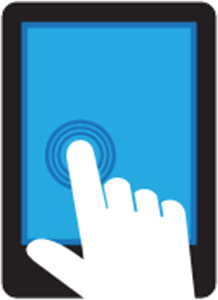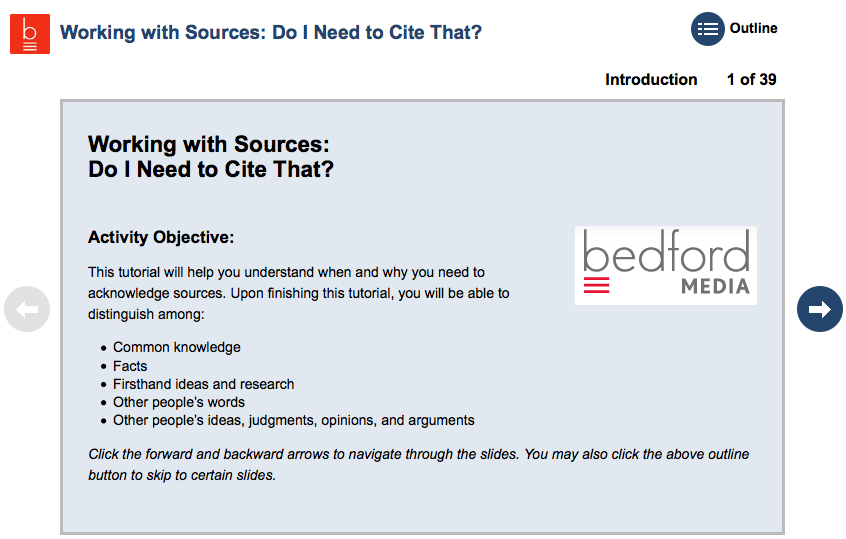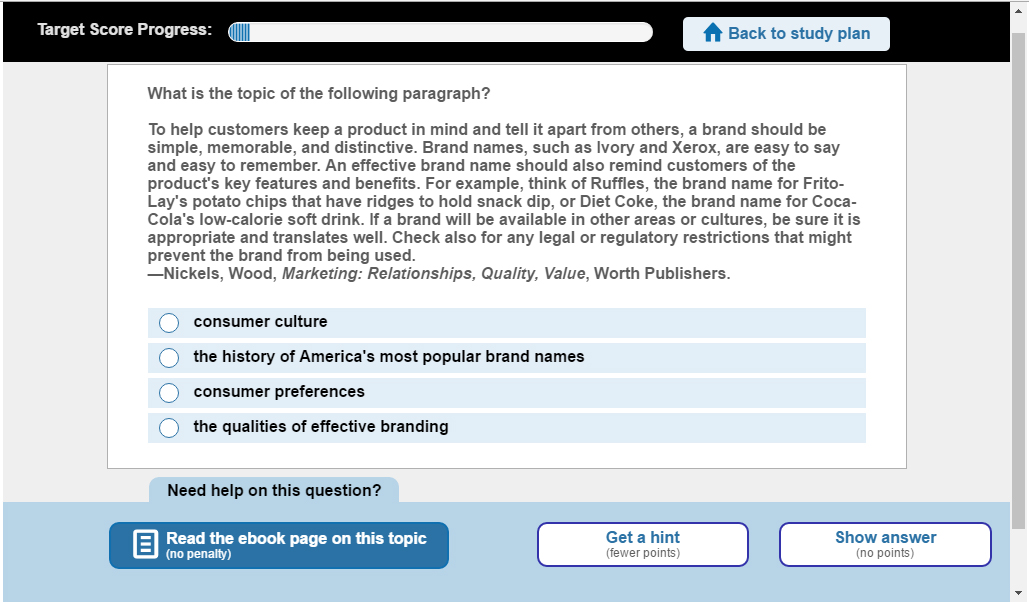What’s in LaunchPad for Joining the Conversation?

LaunchPad for Joining the Conversation is packed with digital content that works with your textbook to help you sharpen your ability to read analytically and write successfully in first-year composition and in your coursework across campus. Whether your instructor assigns the resources in LaunchPad or encourages you to work with the material at your own pace, we’re confident that LaunchPad will help you develop the skills you need to succeed in college and beyond. For help using LaunchPad, please join the College Students Support Community, or contact Tech Support. You can find Tech Support contact information by clicking “Help” in the upper right corner of your screen.
E-book
In the e-book you’ll find all the great content and activities from the printed book, including:
The conversation metaphor that makes sense to students. By framing writing as a conversation, Joining the Conversation helps students connect their real-world writing across media to the academic writing they do in class. The book’s focus on the rhetorical situation shows students that the questions they face when they write online are the same questions they encounter in academic writing: Who is my audience? What am I trying to say, and why? How can I best express my ideas?
Engaging readings that mix public and academic, traditional and multimodal. Current readings offer models in a variety of genres, from magazine profiles and advertisements to open letters and scholarly journal articles, and address timely topics, such as race in America and "FOMO" (fear of missing out) on social media.
Featured Student Writers in each assignment chapter that put a face on academic writing. In Process boxes throughout Part 2 follow the work of six real college students across a variety of purposes and topics, culminating in their final essays on topics from trigger warnings in course syllabi to the problem of puppy mills in America. Their brainstorming notes, research questions, database searches, and peer review materials along the way illustrate the real writing challenges students face and the solutions they forge.
A brief handbook with lively examples and student-friendly advice. Written by Barbara Wallraff, former editor and columnist at The Atlantic magazine, the handbook serves as both a quick reference and a foundation for in-depth revision and editing, with handy discussions of style, grammar, punctuation, and mechanics.
Interactive content and tutorials
Genre Talk. To help students check their understanding of genre, this interactive activity asks them to examine documents on provocative topics, such as child slavery in the cocoa industry or the global immigration crisis, and test their understanding of purpose, genre, design, and context.
In addition, you’ll find helpful tutorials on topics such as reading critically, working with and citing sources, and using digital writing tools.

LearningCurve
Developed in light of the latest advances in learning research, LearningCurve is a game-like adaptive quizzing program that covers topics from grammar and usage to reading critically and argument. The less you know about a topic, the more LearningCurve focuses on it, and the better you do, the more challenging the questions become, helping you concentrate on exactly what you need to learn.
